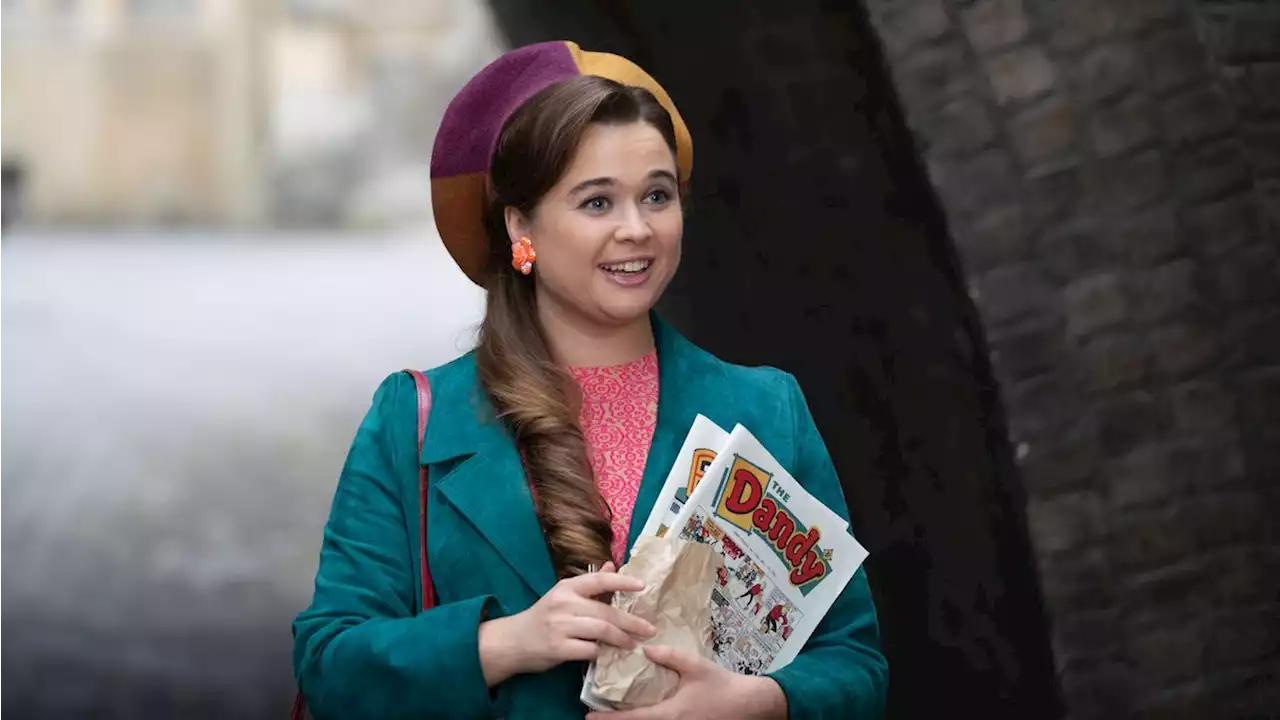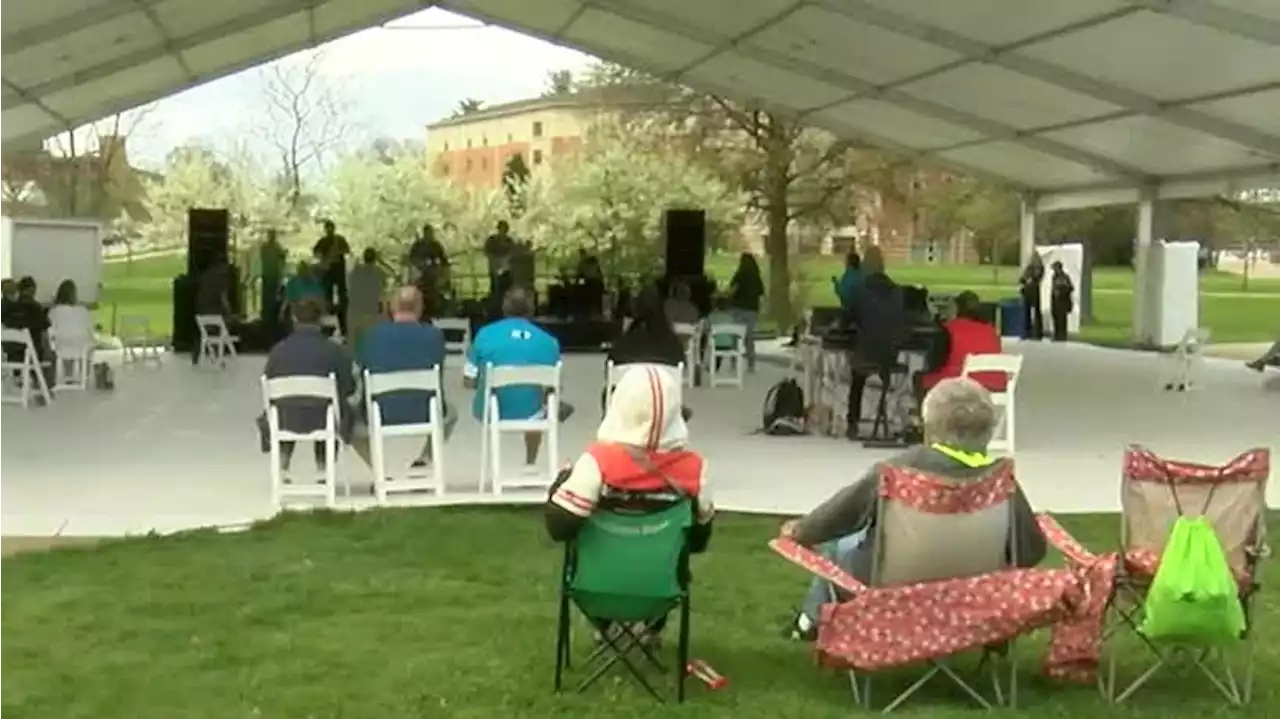In Fernanda Melchor's crime-inspired novels, male fear and desire are two sides of the same coin. maxpearl profiled the author who's reached the top of Mexico's literary scene with harrowing but compassionate depictions of true-crime stories
Photo: Billy & Hells This article was featured in One Great Story, New York’s reading recommendation newsletter. Sign up here to get it nightly.
This is one of the most shocking sequences in Fernanda Melchor’s latest novel, Paradais. It’s also partly true. Melchor, who grew up in Veracruz, says she heard the story from a friend, who heard it from a taxi driver — which is typical for this friend, whom Melchor calls “the taxi psychologist.” The main difference between reality and Melchor’s version is that in Paradais, the taxi driver doesn’t live to tell the tale. “I’m a story collector,” she tells me.
Melchor has a ventriloquist’s flair for dialogue that makes her characters crackle and pop. She writes in a close third person, in paragraph-long sentences and chapter-long paragraphs, in a voice that shifts subtly to match the character she’s trained on at any given moment. As a result, it feels like you’re simultaneously inside and outside a character’s head, experiencing in high definition the pathos that drives each decision and the chain reaction set off as a result.
At the time, she imagined herself as a writer of crónica, a Latin American nonfiction genre that draws on the interpretative storytelling of literature, theater, and memoir. She’d always loved chisme, the kind of gossip that gives you a bird’s-eye view of what’s happening in the proverbial town square.
Her next book, Hurricane Season, was inspired by a story from the nota roja, Mexico’s shameless crime tabloids. The news story was about a man who murdered someone he believed was a witch; he was convinced the witch had cast a spell on his wife. “That detail for me was like, Whoa!” she says. “The story wasn’t just the putrefied corpse with its throat slit—that’s the least interesting part — but the love triangle behind it.
Having exploded on the scene with a book in which violence and poverty are linked, Melchor wanted to write about how evil transcends class. That’s how she arrived at Paradais, an upstairs-downstairs novel told from the perspective of two teenagers, whom Melchor jokingly referred to as “tropical Beavis and Butt-head”: Franco, an emotionally stunted porn addict who lives in the upscale housing development, and Polo, a high-school dropout who works there.
Argentina Últimas Noticias, Argentina Titulares
Similar News:También puedes leer noticias similares a ésta que hemos recopilado de otras fuentes de noticias.
 'Call the Midwife' Recap: Season 11 Episode 7Nancy is assigned more responsibility but it conflicts with her time with her daughter, while Sister Frances helps a very young mother. An older mother struggles with her pregnancy, while her husband has an issue that dramatically affects all of Poplar.
'Call the Midwife' Recap: Season 11 Episode 7Nancy is assigned more responsibility but it conflicts with her time with her daughter, while Sister Frances helps a very young mother. An older mother struggles with her pregnancy, while her husband has an issue that dramatically affects all of Poplar.
Leer más »
 Two children killed after being trapped in house fire, authorities sayTwo children were killed in a horrific house fire in Texas early Sunday.
Two children killed after being trapped in house fire, authorities sayTwo children were killed in a horrific house fire in Texas early Sunday.
Leer más »
 Kent State University prepares to honor and remember the tragedy of May 4, 1970May 4 will mark 52 years since the deadly shootings by the Ohio National Guard on the campus of Kent State University in 1970.
Kent State University prepares to honor and remember the tragedy of May 4, 1970May 4 will mark 52 years since the deadly shootings by the Ohio National Guard on the campus of Kent State University in 1970.
Leer más »
 Hemingway’s Mysterious, Thrilling StyleErnest Hemingway was a writer who “made the English language new, changed the rhythms of the way both his own and the next few generations would speak and write and think,” Joan Didion wrote, in 1998. NewYorkerArchive
Hemingway’s Mysterious, Thrilling StyleErnest Hemingway was a writer who “made the English language new, changed the rhythms of the way both his own and the next few generations would speak and write and think,” Joan Didion wrote, in 1998. NewYorkerArchive
Leer más »
 Vanessa Bryant shares powerful animated tribute for daughter Gianna’s 16th birthdayVanessa Bryant is celebrating her late daughter Gianna on what would have been her 16th birthday.
Vanessa Bryant shares powerful animated tribute for daughter Gianna’s 16th birthdayVanessa Bryant is celebrating her late daughter Gianna on what would have been her 16th birthday.
Leer más »
 Jay Fox: It is a great time for transit along the Wasatch FrontJay Fox writes that it is a great time for transit along the Wasatch Front.
Jay Fox: It is a great time for transit along the Wasatch FrontJay Fox writes that it is a great time for transit along the Wasatch Front.
Leer más »
